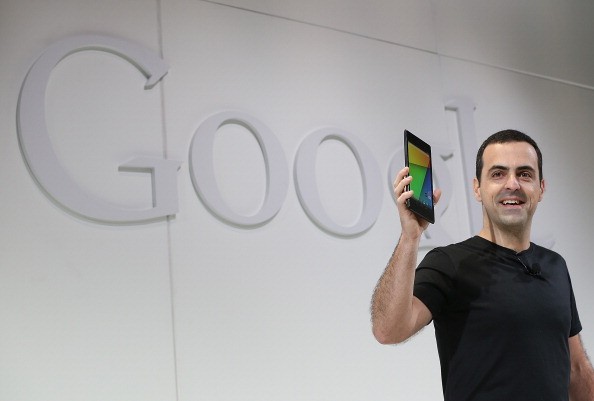Science has proven that Android smartphone users are seen to be more honest and open minded compared to iPhone users as a survey points out where the former is also perceived as hornier.
Smartphones have slowly taken over the world as every average joe now has one regardless of whether it is expensive or cheap. People want to stay connected to their social media accounts in order to know what is up and to communicate easily with their friends and families.
The global smartphone market is dominated by two platforms, Android and iOS from Apple. People are divided into these two categories and researchers from the University of Lincoln's School of Psychology wanted to find out the difference between the characteristics and personal traits of the users.
Researchers gave 240 volunteers a questionnaire that asked about how they perceived the characteristics of Android and iPhone users, AskMen has learned. Afterwards, the answers were then cross-checked against the actual traits found in a separate questionnaire for the smartphone owners who participated in the study.
For the first study, Android users were found to be more honest and humble than iPhone users although the latter was found to be more outgoing. It was also found in a second study that Android users were really more open and honest while women were more likely to own an iPhone.
Another interesting finding is that Android users were found to be hornier than iPhone users as the former were most likely to have sex on a first date, Medical Daily reported. They were also found to be more likely to visit online dating sites which should be appropriate considering that they are not as outgoing as their iPhone counterparts.
As expected, Apple users also said in the survey that it was more important to own a flagship smartphone such as the latest iPhone possibly as a status symbol to show off in public. The results of the survey are not really that surprising considering that iOS users tend to try and purchase the latest device even if they have other bills to pay. The study was presented at the British Psychological Society in Cardiff.



























